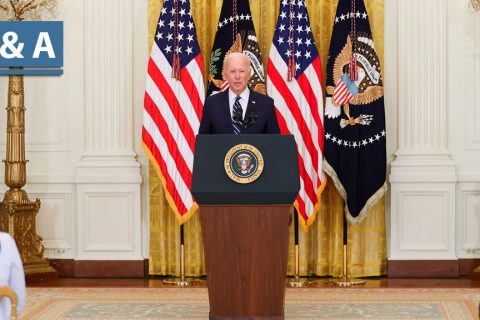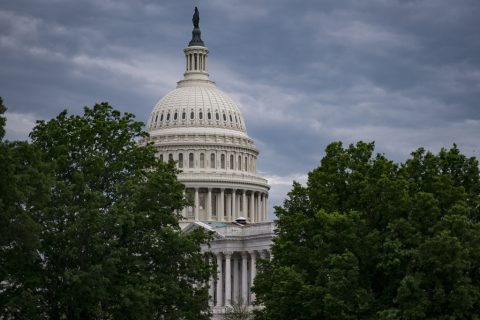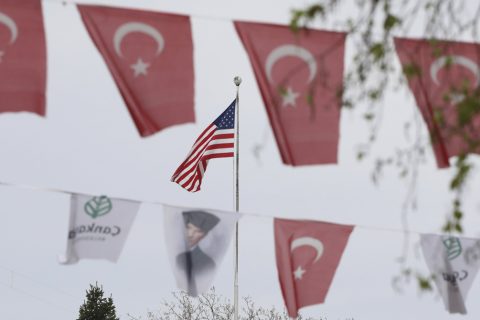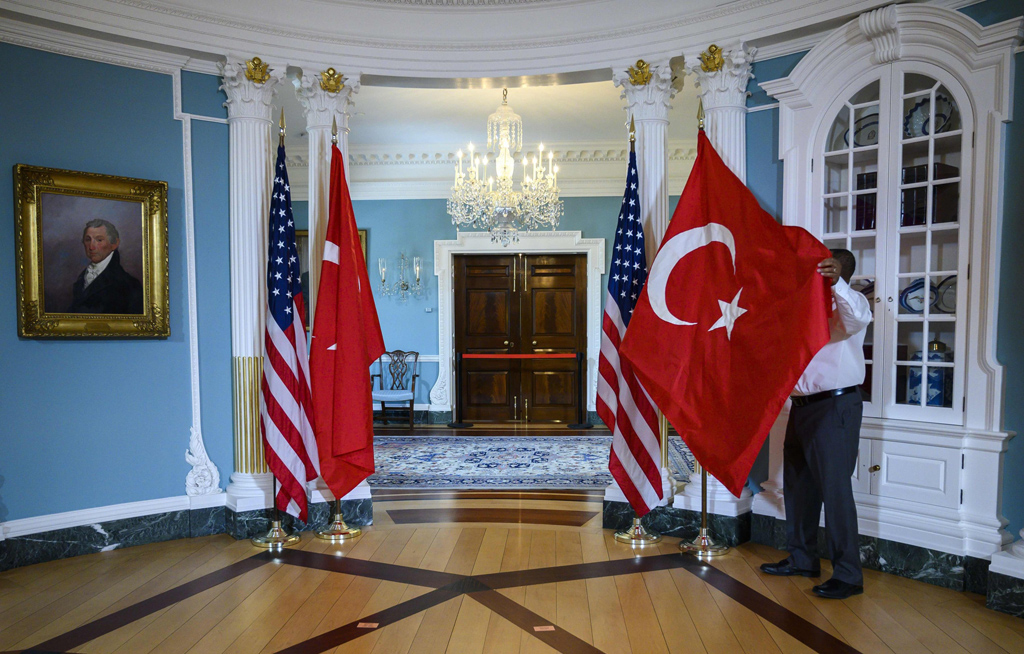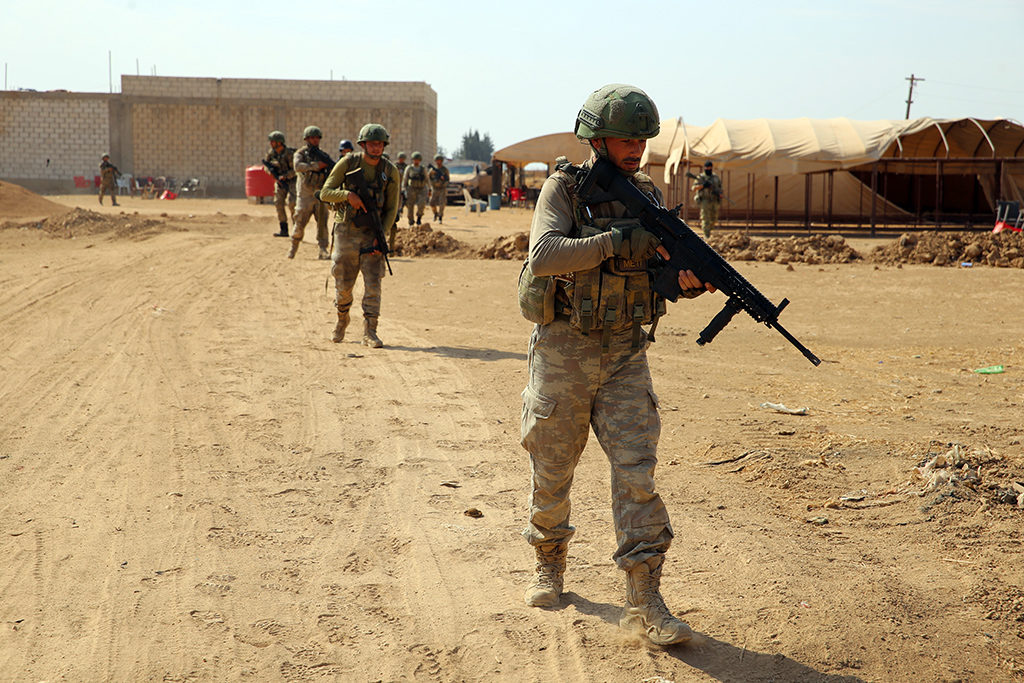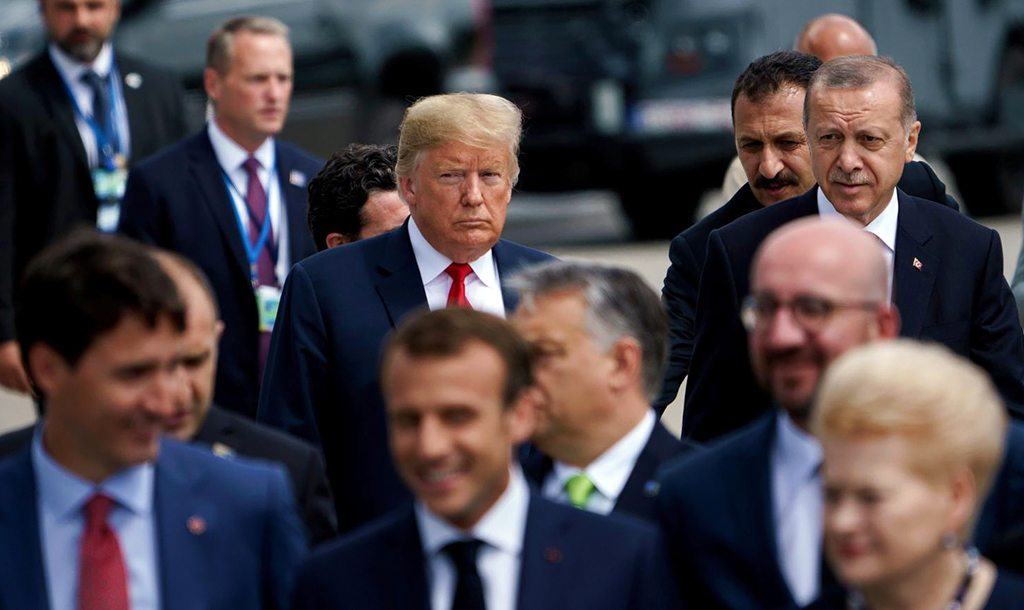So-called Armenian Genocide
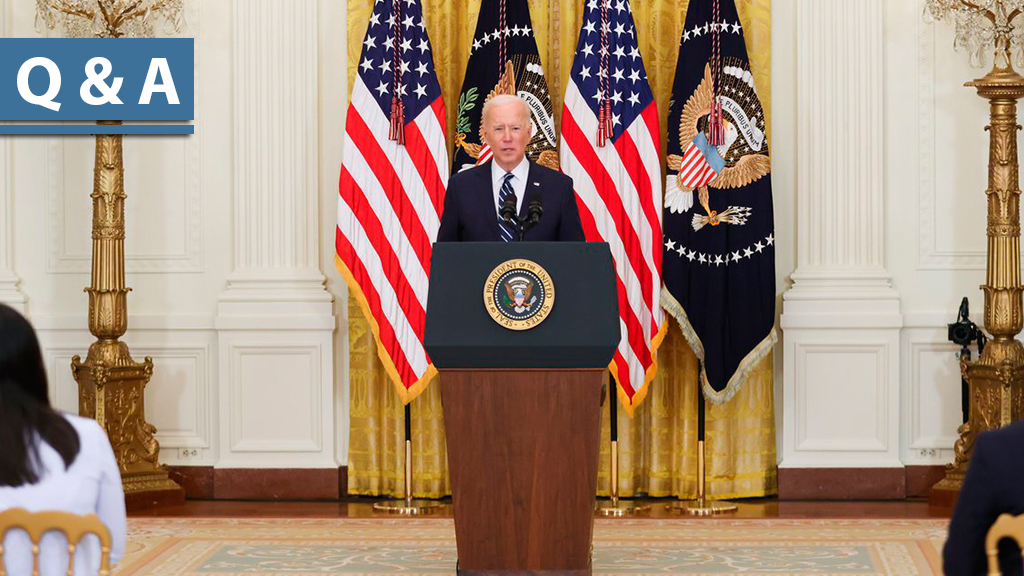
5 Questions: Political and Legal Meaning of U.S. President Biden’s Statement on the So-called Armenian Genocide
| 5 QuestionsWhether or not U.S. presidents will use the term “Armenian genocide” in their statement on …
-
5 Questions
5 Questions: Political and Legal Meaning of U.S. President Biden’s Statement on the So-called Armenian Genocide
By Yücel AcerWhat is the importance for the Armenians of the 'Armenian Genocide' allegations? What are the characteristics of the concept of genocide? Is U.S. President Biden’s decision to recognize the 'Armenian Genocide' lawful? Should Turkey continue to take the issue seriously? What is Turkey doing and what more should it do about the issue?
-
Opinion
US’ unilateral actions against Turkey source of problem
By Burhanettin DuranThe backlash over U.S. President Joe Biden’s statement on the so-called Armenian 'genocide' continues. Deeming the Turkish government’s reaction insufficient, opposition leaders argued that President Recep Tayyip Erdoğan lacked 'the courage to hang up on Biden.' Main opposition Republican People's Party (CHP) Chairperson Kemal Kılıçdaroğlu and Good Party (IP) leader Meral Akşener eagerly attacked the government much more fiercely than they reacted to the White House statement. Turkey’s contemporary foreign policy, they said, was actually responsible for what happened.
-
Opinion
Erdoğan-Biden’s June meeting potential venue for rescuing ties
By Kılıç Buğra KanatThe statement of U.S. President Joe Biden last Saturday in regards to the 1915 events has generated more tension in bilateral relations between Turkey and the United States. For years now, the issue has been a fault line between the two nations.
Bu Konuda Daha Fazla
-
US’ bad record of illegal ‘recognitions’
By Muhittin AtamanRecently, the United States has taken critical steps to 'recognize' certain historical developments. These “recognitions” are unilateral actions that, for the most part, challenge the basic principles of international law.
-
Turkey and the US presidential election
By Burhanettin DuranTurkey called back its research vessel Oruç Reis to port in order to support efforts by Germany and NATO Secretary-General Jens Stoltenberg to facilitate dialogue with Greece. As Ankara and Athens continue to exchange statements, tensions in the Eastern Mediterranean will be discussed at the Special European Council on Sept. 24-25.
-
With US ties on verge of total collapse, Turks...
By Burhanettin DuranThe U.S. Senate passed a resolution on Thursday recognizing the so-called Armenian genocide. The measure, which President Donald Trump's allies in the Senate had repeatedly blocked, is not legally binding. It is merely a symbolic step. For the resolution, which Turkey strongly condemned, to become law, it must be adopted by the House of Representatives and signed by President Trump.
-
US seeks to punish Turkey for blocking PKK statelet
By Burhanettin DuranFrom sanctions against Turkey to cooperation with nonstate actors, the U.S. establishment seeks ways to help the PKK form a statelet in the region
-
Mending Turkey-US relations
By Burhanettin DuranIt is becoming more and more apparent that the relationship with the U.S. will dominate our foreign policy agenda in the upcoming years. This issue is not only limited to the widening rift in bilateral relations over the recent period but essentially related to the changing strategic calculations of Washington and Ankara.
